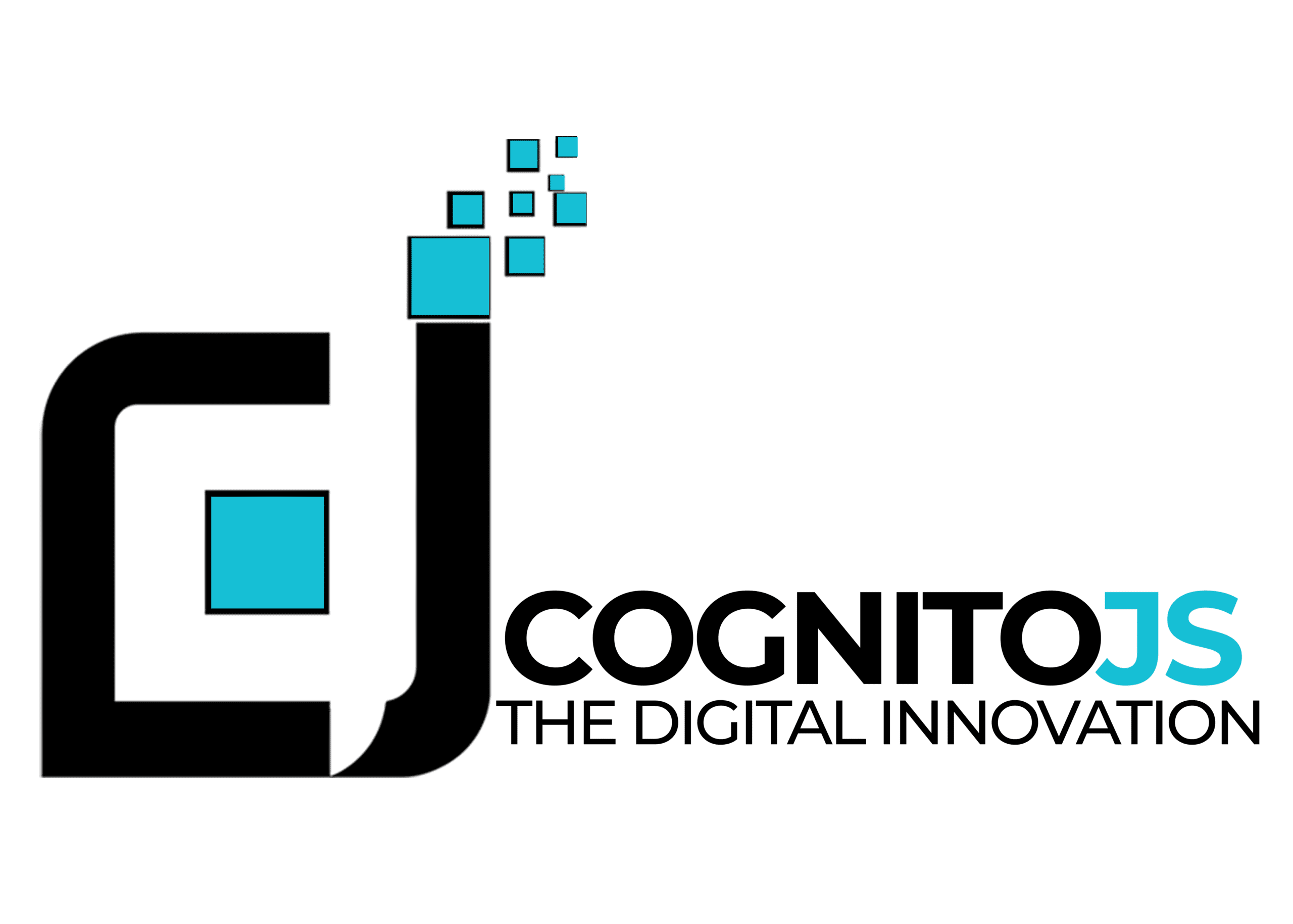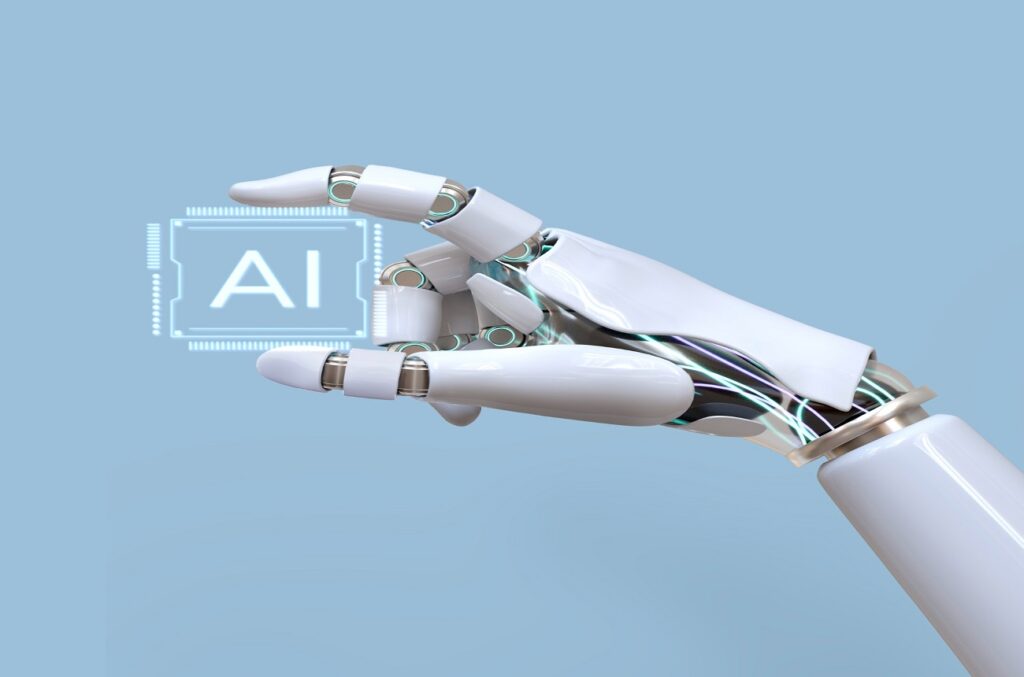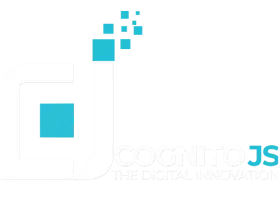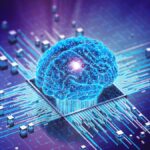Introduction
In today’s fast-paced world, the impact of Artificial Intelligence (AI) on the job market is undeniable. As technology continues to advance at an unprecedented rate, it is reshaping industries, revolutionizing workflows, and transforming the very nature of work itself. In this article, we delve deep into how AI is influencing the job market, exploring its effects on employment trends, skills demand, and the future of various industries.
The Evolution of Work
With the rise of AI, traditional job roles are undergoing significant transformations. Tasks that were once performed exclusively by humans are now being automated, leading to the emergence of new job categories and skill requirements. From data analysis to customer service, AI-powered systems are streamlining processes, increasing efficiency, and driving innovation across diverse sectors.
Job Displacement vs. Job Creation
One of the primary concerns surrounding AI’s impact on the job market is the fear of widespread job displacement. While it’s true that certain repetitive and routine tasks are being automated, AI is also creating new opportunities for employment. As machines take over mundane tasks, humans are freed up to focus on higher-value activities that require creativity, critical thinking, and emotional intelligence.
Skills for the Future
In the age of AI, the demand for technical skills such as programming and machine learning expertise is on the rise. However, alongside technical proficiency, soft skills such as communication, adaptability, and problem-solving are becoming increasingly essential. Employers are seeking individuals who can collaborate effectively with AI systems, interpret complex data, and drive innovation within their organizations.
Industries Transformed by AI
Healthcare
In the healthcare industry, AI is revolutionizing diagnosis, treatment, and patient care. Advanced algorithms are analyzing medical images, predicting disease outbreaks, and personalizing treatment plans with unprecedented accuracy. From telemedicine to robotic surgery, AI-driven innovations are enhancing healthcare delivery and improving patient outcomes.
Finance
AI is also reshaping the financial services sector, powering algorithmic trading, fraud detection, and risk management systems. By analyzing vast amounts of financial data in real-time, AI algorithms can identify patterns, detect anomalies, and make informed decisions faster than ever before. From robo-advisors to blockchain technology, AI is driving efficiency and transparency in financial markets.
Manufacturing
In manufacturing, AI-driven robots and automation systems are optimizing production processes, increasing productivity, and reducing costs. From predictive maintenance to supply chain optimization, AI is enabling manufacturers to operate more efficiently and respond quickly to changing market demands. By harnessing the power of AI, manufacturers can achieve greater agility, flexibility, and competitiveness in today’s global marketplace.
The Future of Work
As AI continues to evolve, the future of work will be characterized by collaboration between humans and machines. Rather than replacing humans entirely, AI will augment human capabilities, enabling us to achieve feats that were previously unimaginable. By embracing AI technologies and cultivating the necessary skills, individuals and organizations can thrive in the digital economy of the future.
Conclusion
In conclusion, the impact of AI on the job market is profound and far-reaching. While AI-driven automation may disrupt certain job roles, it also presents new opportunities for innovation, growth, and prosperity. By embracing the transformative power of AI and adapting to the changing demands of the digital age, we can navigate the future of work with confidence and resilience.





